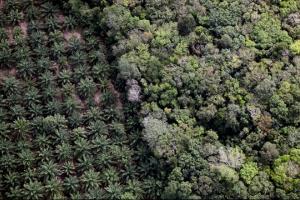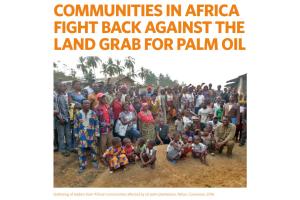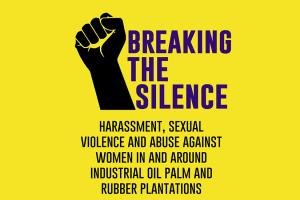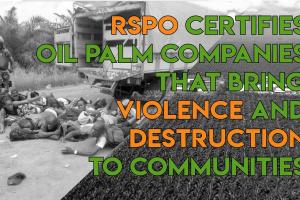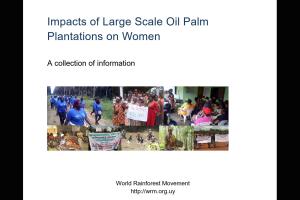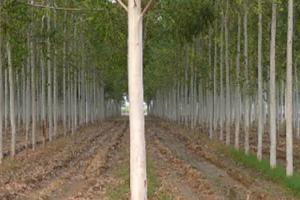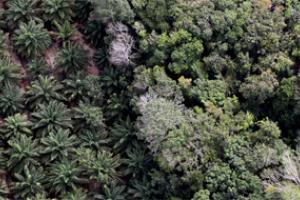Palm Oil
The oil palm tree is native to West Africa. It is an important tree for forest-dependent communities, their cultures and their economies. However, large-scale oil palm monocultures for industrial production (oil and agrofuels) have been driving deforestation and land grabbing in Southeast Asia. More recently, oil palm monocultures are also driving destruction in Africa and Latin America.
Why haven't Africa's post-colonial governments dismantled the colonial plantation model of exploitation and extraction, returned the lands to their people and emboldened a resurgence of Africa's diverse, local food and farming systems?
A new report on the state of industrial oil palm plantations in Africa shows how communities are turning the tide on a massive land grab in the region.
Press release. March 7, 2019.
Download the complete briefing.
Friends of the Earth International and the World Rainforest Movement have launched an international sign-on statement denouncing the Roundtable on Sustainable Palm Oil (RSPO).
On November 12, with the endorsement of organizations from five continents, Friends of the Earth International and World Rainforest Movement publish an open statement denouncing the failure of the RSPO to eliminate the violence and destruction that oil palm plantations.
We invite organizations to sign on and support the statement, which denounces that the RSPO, since it was created 14 years ago, has been a tool that served the corporate interests of the oil palm sector
A Collection of Articles Published in the WRM Bulletin on the issue of Resistance, Women and the Impacts of Plantations.
**This article is based on a conversation between Winnie Overbeek, the international coordinator of the World Rainforest Movement, and GRAIN on September 2014, which was published by GRAIN at “Planet palm oil”. The information has been updated for this article.

